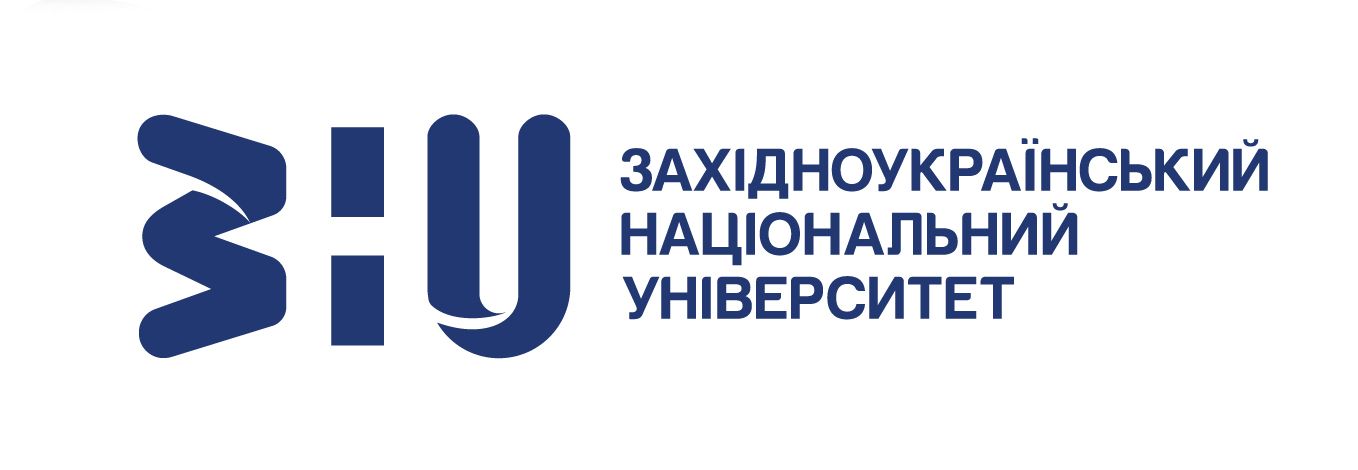CORRUPTION RISKS IN BUDGET EXPENDITURES: INTEGRATED APPROACHES TO PREVENTION AND MINIMIZATION
DOI:
https://doi.org/10.35774/sf2023.04.008Keywords:
corruption, corruption risks, budget, budget expenditures, budget management, public procurementAbstract
Introduction. Corruption has remained a key negative phenomenon for a long time, characteristic of budget expenditures. The need to take systemic measures to prevent this phenomenon is primarily due to the need to increase public confidence in the authorities during martial law and to maintain high level relations with Ukraine's international partners.
The purpose of the article is to develop a set of measures aimed at preventing and minimizing corruption risks in the formation and implementation of budget expenditures in Ukraine.
Results. The main vectors of corruption in the use of budgetary funds in such areas as the national economy, the sociopolitical environment, the supply of public goods, public procurement and budget management are systematized. The author argues that it is expedient to use the following tools to counteract corruption risks at the stage of budget expenditures formation: introduction of the integrity declaration of the initiators of budget expenditures, ensuring transparency of budget planning and inclusiveness of the budget process, which is achieved through the participation of civil society organizations, improvement of the procedures for reviewing and approving the budget, which provide for the possibility of analyzing budget expenditures by nongovernmental think tanks, academic institutions and other organizations. It is emphasized that the main efforts to counteract corruption risks at the stage of budget execution should be made in the direction of improving risk-oriented state financial control, improving the antimonopoly response to abuses in the field of budget spending, and increasing the transparency and publicity of the use of budget funds.
Conclusions. Successful counteraction to corruption risks in the area of budgetary funds use is possible only if an integrated approach to preventing and combating corruption is applied at all stages of formation and implementation of budgetary expenditures.
References
Monte, A. D., Pennacchio, L. (2020). Corruption, government expenditure and public debt in OECD Countries. Comparative Economic Studies volume, 62, 739–771. https://doi.org/10.1057/s41294-020-00118-z.
Nguyen, H. Q. (2023). Corruption, political connection, and firm investments. International Review of Financial Analysis, 90. https://doi.org/10.1016/j.irfa.2023.102864.
Tanzi, V., Davoodi, H. R. (2000). Corruption, growth and public finances. IMF Working Paper, WP/00/182, 1, 26.
D’Agostinoa, G., Dunne, J. P., Pieroni, L. (2016). Government spending, corruption and economic growth. World Development. 84, 190–205.
Gupta, S., Ogada, C., Akitoby, B., etc. (2016). Corruption: costs and mitigating strategies. IMF Staff Discussion Notes. SDN/16/05, 43 p.
Triatmanto, B., Bawono, S. (2023). The interplay of corruption, human capital, and unemployment in Indonesia: Implications for economic development. Journal of Economic Criminology, 2. https://doi.org/10.1016/j.jeconc.2023.100031.
Banerjee, R. (2016). Corruption, norm violation and decayin social capital. Journal of Public Economics. 137, 14–27.
Saha, Sh., Sen, K. (2023). Do economic and political crises lead to corruption? The role of institutions. Economic Modelling, 124. https://doi.org/10.1016/j.econmod.2023.106307.
Sedgo, H., Omgba, L. D. (2023). Corruption and distortion of public expenditures: evidence from Africa. Int Tax Public Finance, 30, 419–452. https://doi.org/10.1007/s10797-021-09718-6.
Wu, Sh., Li, B., Nie, Q., Chen, Ch. (2017). Government expenditure, corruption and total factor productivity. Journal of Cleaner Production, 168, 279–289.
Liu, Ch., Mikesell, J. L. (2014). The impact of public officials’ corruption on the size and allocation of U.S. State Spending. Public Administration Review, 74, 346–359.
Tanzi, V., Davoodi, H. R., George T. Abed and Sanjeev Gupta (Ed.). (2002). Corruption, public investment and growth. in governance, corruption and economic performance, Washington: International Monetary Fund, 280–299.
Hessami, Z. (2014). Political corruption, public procurement and budget composition: The ory and evidence from OECD countries. European Journal of Political Economy, 34, 372–389.
Mauro P. (1998). Corruption and the composition of government expenditure. Journal of Public Economics, 69 (2), 263–79.
Monte, A., Papagni, E. (2001). Public expenditure, corruption and economic growth: The case of Italy. European Journal of Political Economy, 17(1), 1–16.
Burguet, R. (2017). Procurement design with corruption. American Economic Journal: Microeconomics, 9 (2), 315–341.
Rajkumar, A. S., Swaroop, V. (2008). Public spending and outcomes: does governance matter? Journal of Development Economics, 86 (1),96–111.
Banerjee, R., Boly, A., Gillanders, R. (2022). Anti-tax evasion, anti-corruption and public good provision: An experimental analysis of policy spillovers. Journal of Economic Behavior & Organization, 197. https://doi.org/10.1016/j.jebo.2022.03.006.
Malyniak, B., Martyniuk, O., Kyrylenko, O. (2019). Corruption and efficiency of public spending in states with various public management types. Economic Annals-ХХI, 178, 17–27 (Is. 7-8).


